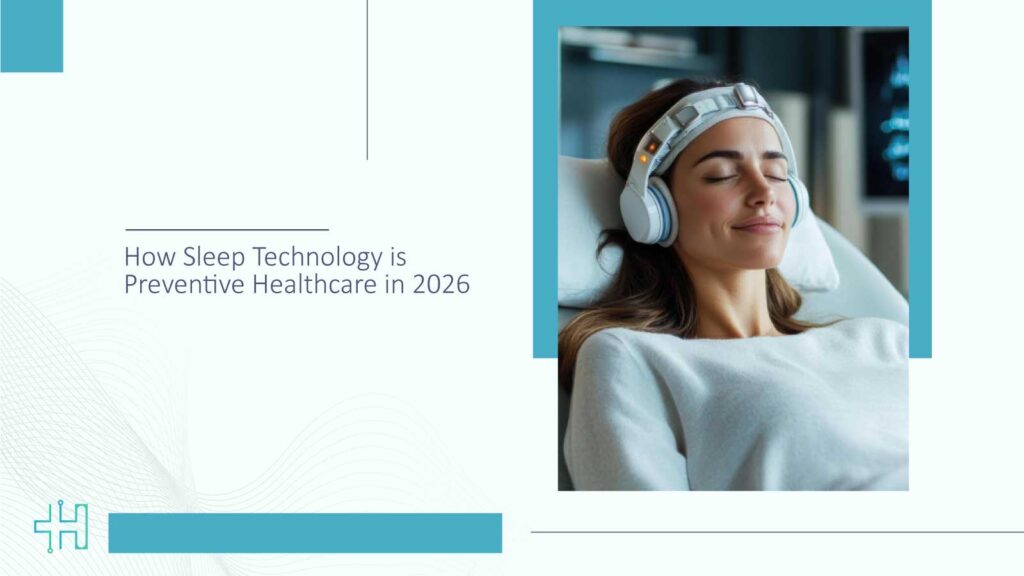When Dr. Sergio Bustos, 92, fell and developed a bruise that swelled and didn’t improve, his family brought him to the emergency department at Wellstar MCG Health Medical Center. The attending physician prescribed treatment that included IV antibiotics and the opportunity to receive hospital-level care from the comfort of his home. Bustos and his family were surprised and elated. He became Georgia’s first Hospital at Home patient.
As its name suggests, the Hospital Care at Home program that Bustos was admitted to allows patients who meet certain criteria to be admitted into the hospital in the comfort of their own home. The benefits include shorter recovery times, and in-home visits by care providers who can identify and address environmental issues that may lead to being re-admitted to the hospital.
Health Technology Insights: Americans Wash Hands More During Flu Season, but 77% See Others Skip
When physicians decide that a patient is a good candidate for hospitalization care at home, the patient is provided with equipment to monitor their vital signs and a tablet for virtual physician visits. Virtual nurses monitor vital signs around the clock while other care team members, including nurses and paramedics, make home visits multiple times a day to administer IV antibiotics, capture vital signs, assess the home for safety, complete virtual visits with the physician team, and ensure the patient is improving towards discharge.
“The Hospital Care at Home program is a game changer for eligible patients, especially those who are elderly and respond better to treatment in their more familiar environments,” said Dr. Matt Lyon, director of the MCG Center for Digital Health at the Medical College of Georgia at Augusta University. “We combine technology and in-home visits to produce better health outcomes.”
Health Technology Insights: Azalea Health Publishes The Definitive Guide to Rural Health 2025
“The patient first has to meet criteria for hospitalization, and then meet the criteria for Hospital Care at Home by an in-person physician consultation,” continued Lyon. “While the patient must need hospitalization, they also need to be mobile, and their condition can’t be too critical. Someone who needs a lot of monitoring is not a good candidate. They also need to live close enough to Wellstar MCG Health in case they need to quickly return to the hospital.”
If at any point a patient begins having problems and needs more acute care, they are immediately transferred back to the brick-and-mortar hospital.
Bustos’s daughter, Susana Chacon, who is an occupational therapist, was thrilled her father could receive his hospital-level of care at home. She was concerned that at his age, he would respond better to receiving care at home.
Health Technology Insights: Nestlé Health Science & Tufts Announce Innovation Challenge Winner
“Hospitals are wonderful when you need them, but being out of place for older people can cause confusion. You can’t eat or sleep like you can at home, where you have your own bed, bathroom, things like that. As an Occupational Therapist, I think the best place ever to recover, if possible, is at home. You’re going to be able to function so much better,” she said.
First authorized in 2020 by the Centers for Medicare and Medicaid Services, the Hospital at Home program provides hospitals with expanded flexibility to care for patients and was recently extended by Congress through the end of March 2025. Proponents of Hospital at Home hope that Congress will continue to extend the program.
“I am very pleased with the experience,” said Bustos. “Any time that I had any questions, they were answered. The medical team was wonderful, and my wife and family were more comfortable spending time with me.”
Health Technology Insights: Join AFSP in NYC for the 30th Overnight Walk
Bustos was successfully discharged from Wellstar MCG Health’s Hospital Care at Home program a few days later. The virtual care team continued to follow Bustos for 30 days, always there to support him and his family from scheduling appointments, delivering medication, arranging for social support, and providing quick access to a health care provider if needed.
To participate in our interviews, please write to our HealthTech Media Room at news@intentamplify.com
Source – prnewswire







